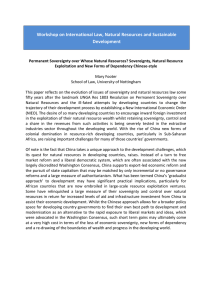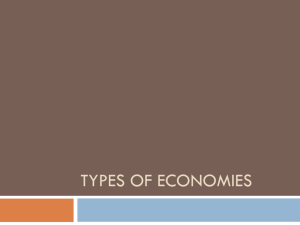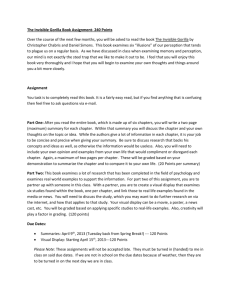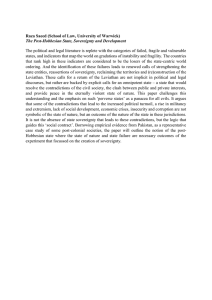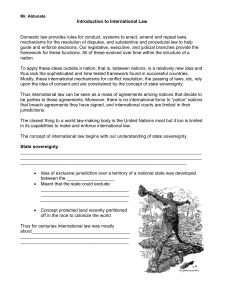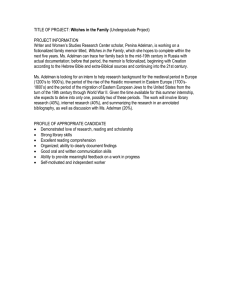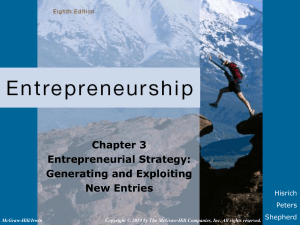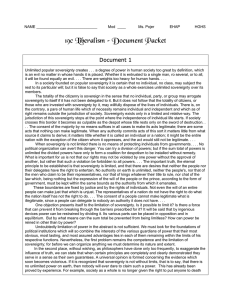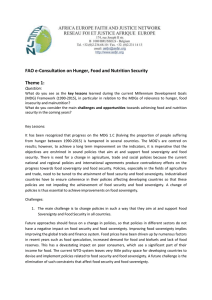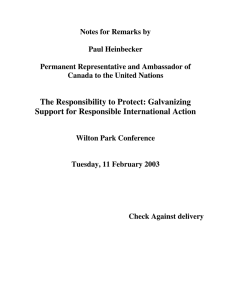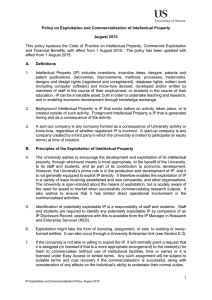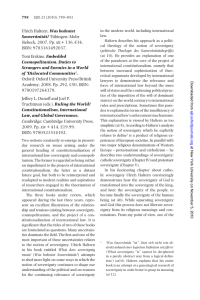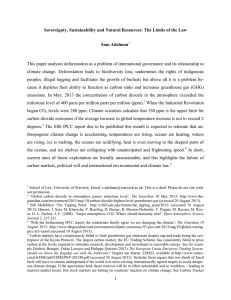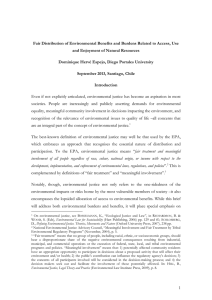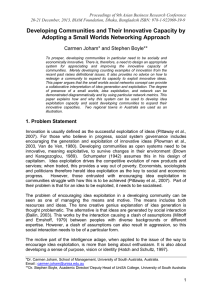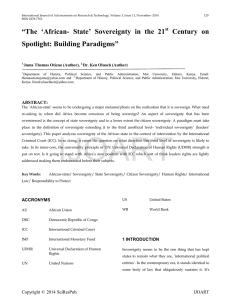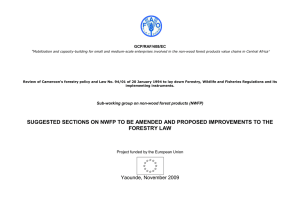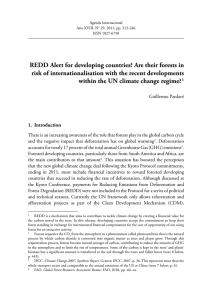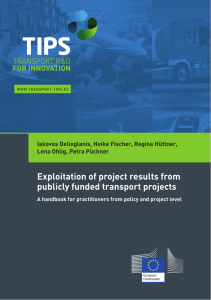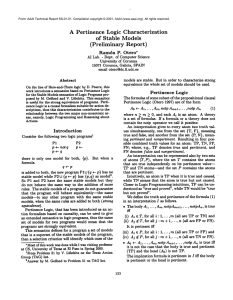Workshop on International Law, Natural Resources and Sustainable Development
advertisement
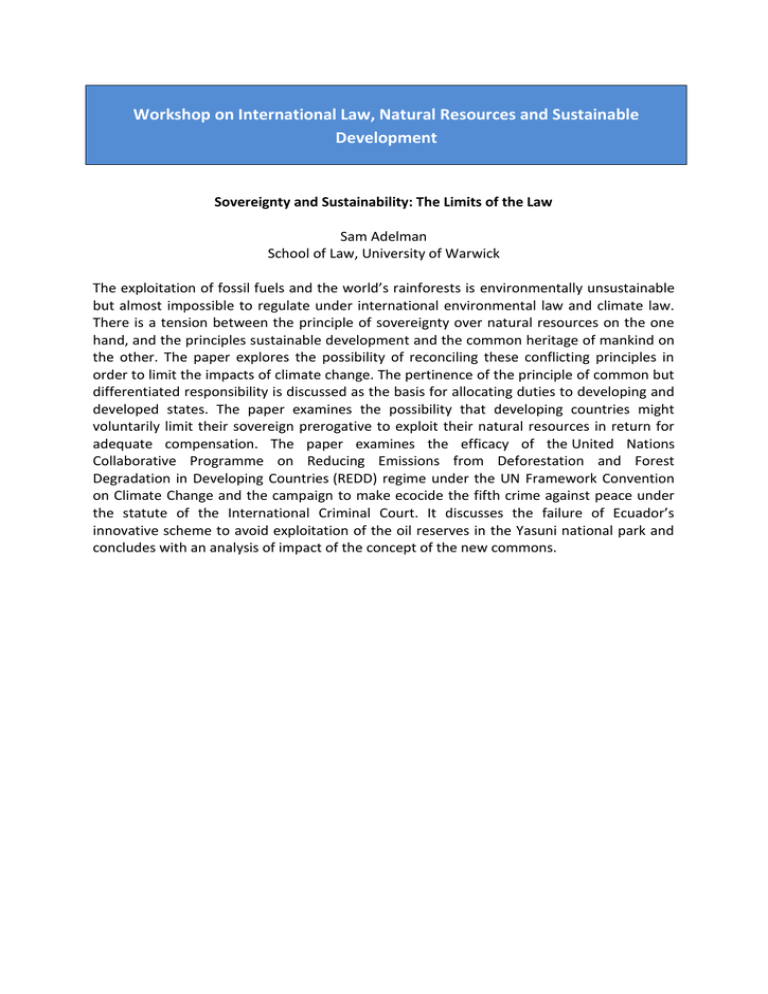
Workshop on International Law, Natural Resources and Sustainable Development Sovereignty and Sustainability: The Limits of the Law Sam Adelman School of Law, University of Warwick The exploitation of fossil fuels and the world’s rainforests is environmentally unsustainable but almost impossible to regulate under international environmental law and climate law. There is a tension between the principle of sovereignty over natural resources on the one hand, and the principles sustainable development and the common heritage of mankind on the other. The paper explores the possibility of reconciling these conflicting principles in order to limit the impacts of climate change. The pertinence of the principle of common but differentiated responsibility is discussed as the basis for allocating duties to developing and developed states. The paper examines the possibility that developing countries might voluntarily limit their sovereign prerogative to exploit their natural resources in return for adequate compensation. The paper examines the efficacy of the United Nations Collaborative Programme on Reducing Emissions from Deforestation and Forest Degradation in Developing Countries (REDD) regime under the UN Framework Convention on Climate Change and the campaign to make ecocide the fifth crime against peace under the statute of the International Criminal Court. It discusses the failure of Ecuador’s innovative scheme to avoid exploitation of the oil reserves in the Yasuni national park and concludes with an analysis of impact of the concept of the new commons.
